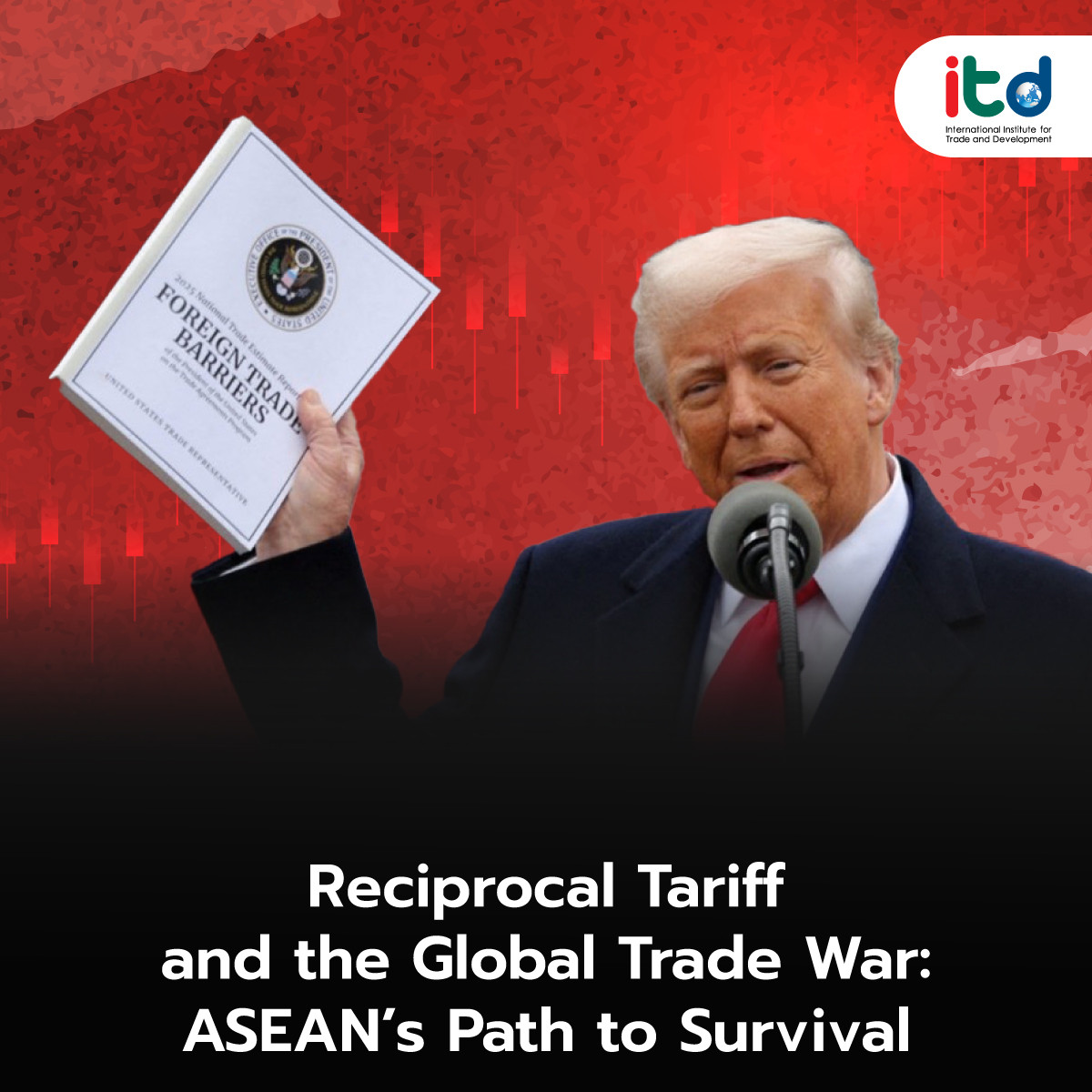About Documents
ASEAN is poised to become a global digital economy hub, with the digital economy’s value expected to grow to $1 trillion by 2030, according to Boston Consulting Group. The successful implementation of the Digital Economy Framework Agreement (DEFA) will further streamline cross-border digital transactions, unlocking the region’s digital economy potential, which is projected to double to $2 trillion by 2030. Entrepreneurs should prepare to invest and enhance their skills to seize opportunities from DEFA, positioning themselves for sustainable growth in line with ASEAN’s digital economy.
In the past, ASEAN faced several obstacles hindering the growth of its digital economy, such as differing trade and investment regulations across member states, which made business expansion challenging and reduced competitive ability—particularly for MSMEs with limited market access. Additionally, issues related to data flow and inconsistent regulations have caused delays, increased costs, and inefficiencies in goods and services exchange within the region.
DEFA has been designed to address these challenges by creating conditions that foster ASEAN’s emergence as a sustainable, globally competitive digital economy hub. Key objectives include accelerating cross-border digital trade and e-commerce, creating a secure online environment, promoting interoperability between national digital systems, and increasing MSME participation in the digital economy.
Currently, DEFA negotiations are progressing well, with more than half of the work completed, and it is expected to be finalized by 2025. The agreement covers nine core components: 1. Digital trade, enhancing customs efficiency through ASEAN Single Window and electronic customs documentation. 2. E-commerce, upgrading existing ASEAN and RCEP agreements to regulate online sales, reduce costs, and provide easier access for MSMEs to foreign markets. 3. Payment systems and electronic invoicing, supporting cross-border payments via QR codes and e-wallets.
4. Digital IDs for seamless cross-border usage, including immigration. 5. Cross-border data flow and protection, based on ASEAN’s data protection frameworks. 6. Cybersecurity, promoting collaboration and creating a secure online environment. 7. Cooperation on emerging technologies, setting standards for innovations such as AI. 8. Labor mobility, facilitating the movement of skilled labor with tax benefits and work permits. 9. Competition policy, promoting fair, transparent competition and consumer protection.
Once DEFA is signed, it is expected to significantly boost ASEAN business growth, expand trade and investment opportunities, attract foreign investment regarding digital economy in ASEAN, and support digital technology development. The agreement will also help develop digital infrastructure, such as high-speed internet networks, enabling businesses to access digital services more widely. These impacts are pivotal in transforming ASEAN into a fully integrated digital economy, opening doors to new opportunities, creating jobs, and fostering fast and sustainable economic development in the region.
Author:
Ms. Warunya Yossai
Senior Researcher
International Institute for Trade and Development (Public Organization)
www.itd.or.th
Publication: Bangkok BIZ Newspaper
Section: First Section/World Beat
Volume: 37 Issue: 12796
Date: Wednesday, 18, 2024
Page: 8 (bottom-left)
Column: “Asean Insight”






